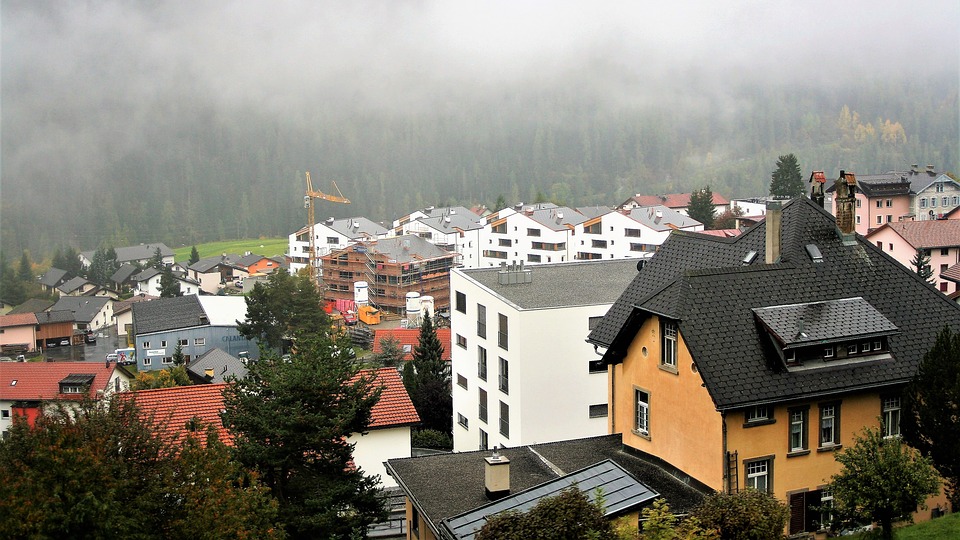
02 Jul Do Solar Panels Work When it Rains?
It’s no surprise that solar panels are most efficient at generating electricity when they receive direct sunlight. Does that mean that solar panels don’t generate electricity on a cloudy or rainy day? Yes, solar panels work even during overcast days or when it rains.
Solar panels are designed to harness both visible light and the sun’s infrared light in creating electricity for use in our homes. Visible light is able to get through the rain and clouds on an overcast day. You will notice that a rainy or cloudy day does not turn dark as night. The day only gets shades darker, but you can still see. This means there is enough light getting through the clouds and rain to power the solar panels and produce electricity.
The other type of light from the sun – the infrared light – gets through the clouds and rain more easily because it has longer wavelengths than that of visible light. Even if there is little visible light passing through the clouds and the rain, the ultraviolet light of the sun is still enough for solar panels to generate some electricity.
You can rely on your solar panels even on cloudy days to generate electricity throughout your home. Solar panels work efficiently in areas of the US that have comparatively cold temperatures and less sunshine than the rest of the country. The states on the east coast have efficient solar panels on homes even though it’s cloudy much of the year.



